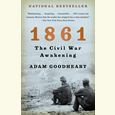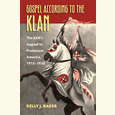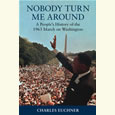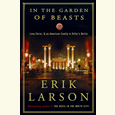The City of Lights—and Annoyances
September 14, 2012 Rosecrans Baldwin was a budding writer in New York when, in 2007, he moved with his wife to Paris for a job in advertising. Like many Americans, Baldwin had a romantic vision of what his Paris life would be like; what it was actually like, from the bad coffee to the bad fashion to the bad manners—not to mention countless absurdly beautiful, and beautifully absurd, moments in between—forms the basis of his second book, Paris, I Love You But You’re Bringing Me Down. He will at the twenty-fourth annual Southern Festival of Books, held October 12-14 at Legislative Plaza in Nashville. All events are free and open to the public.







